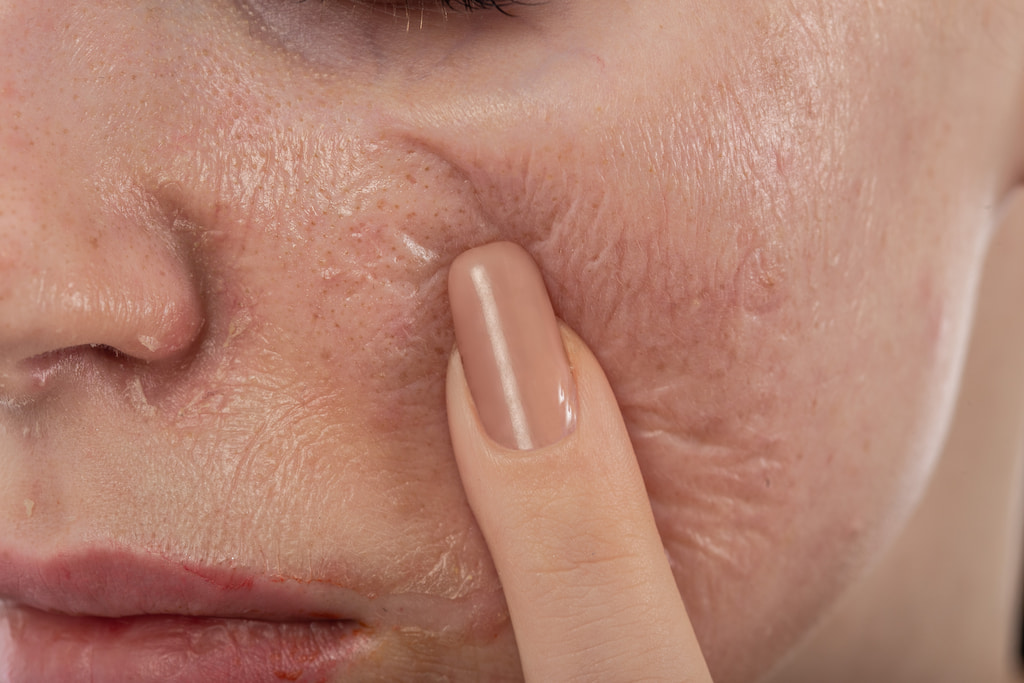A superficial chemical peel can be an effective way to rejuvenate your skin, helping to reduce fine lines, improve texture, and enhance overall radiance. However, proper preparation is crucial to ensure optimal results and minimize any potential side effects. In this article, we will explore what a Superficial Chemical Peels in Dubai involves, the benefits, and the essential steps to prepare for the treatment.
Understanding Superficial Chemical Peels
A superficial chemical peel involves applying a mild acid solution to the skin, which exfoliates the outermost layers. Common acids used in superficial peels include glycolic acid, salicylic acid, and lactic acid. These peels are suitable for various skin types and target issues such as sun damage, acne, and uneven skin tone. The procedure typically requires minimal downtime, making it a popular choice for those looking to refresh their complexion without significant interruption to their daily lives.
Benefits of Superficial Chemical Peels
- Improved Skin Texture: Regular peels can smooth the skin's surface, making it softer and more even.
- Reduced Fine Lines: By promoting cell turnover, superficial peels can help diminish the appearance of fine lines.
- Enhanced Radiance: The exfoliation process reveals fresh, healthy skin underneath, resulting in a brighter complexion.
- Minimized Acne: Superficial peels can unclog pores and reduce the severity of acne breakouts.
- Quick Procedure: Most peels can be completed in a short appointment, making them convenient for busy schedules.
Preparing for Your Superficial Chemical Peel
To maximize the benefits of your superficial chemical peel, adequate preparation is essential. Here are the key steps to follow:
1. Consult with a Professional
Before undergoing any skin treatment, schedule a consultation with a licensed dermatologist or aesthetician. During this appointment, discuss your skin type, concerns, and goals. A professional will evaluate your skin and determine whether a superficial chemical peel is appropriate for you. They can also recommend the best type of acid for your specific needs.
2. Disclose Your Medical History
Be transparent about your medical history, including any medications you are taking, previous skin treatments, allergies, or skin conditions. Certain medications, such as isotretinoin (commonly used for severe acne), may necessitate a waiting period before a peel can be performed.
3. Avoid Sun Exposure
In the weeks leading up to your peel, minimize sun exposure as much as possible. UV rays can increase the risk of complications and hyperpigmentation after the peel. Use a broad-spectrum sunscreen with SPF 30 or higher daily, and consider wearing hats or protective clothing when outdoors.
4. Adjust Your Skincare Routine
A few days before your chemical peel, modify your skincare routine to prepare your skin. Avoid harsh exfoliants, retinoids, and other aggressive products that could irritate your skin. Instead, focus on gentle cleansers and moisturizers that will hydrate and nourish your skin.
5. Hydrate Your Skin
Well-hydrated skin is more resilient and better equipped to handle the peeling process. Increase your water intake and use a good moisturizer in the days leading up to your appointment. Look for products containing hyaluronic acid or glycerin, which are excellent for hydration.
6. Avoid Smoking and Alcohol
Both smoking and excessive alcohol consumption can impair your skin's healing abilities. If possible, refrain from these habits at least a week before your peel. This will help ensure your skin is in optimal condition for treatment.
7. Schedule Appropriately
Choose a time for your peel when you can afford some downtime for recovery. Although superficial peels have minimal downtime, some redness and flaking may occur, typically lasting a few days. Avoid scheduling your peel right before significant events or outings.
8. Arrive with Clean Skin
On the day of your chemical peel, arrive at your appointment with clean skin. Avoid applying makeup, creams, or lotions on the treatment area to ensure the acids penetrate effectively.
Conclusion
Preparing for a superficial chemical peel is a vital step in achieving the best possible results. By consulting with a professional, adjusting your skincare routine, and taking precautions to protect your skin, you can enhance the effectiveness of the treatment. With proper preparation, you will be well on your way to enjoying a brighter, smoother, and more radiant complexion. Embrace the journey to beautiful skin, and enjoy the renewed confidence that comes with it!





Comments